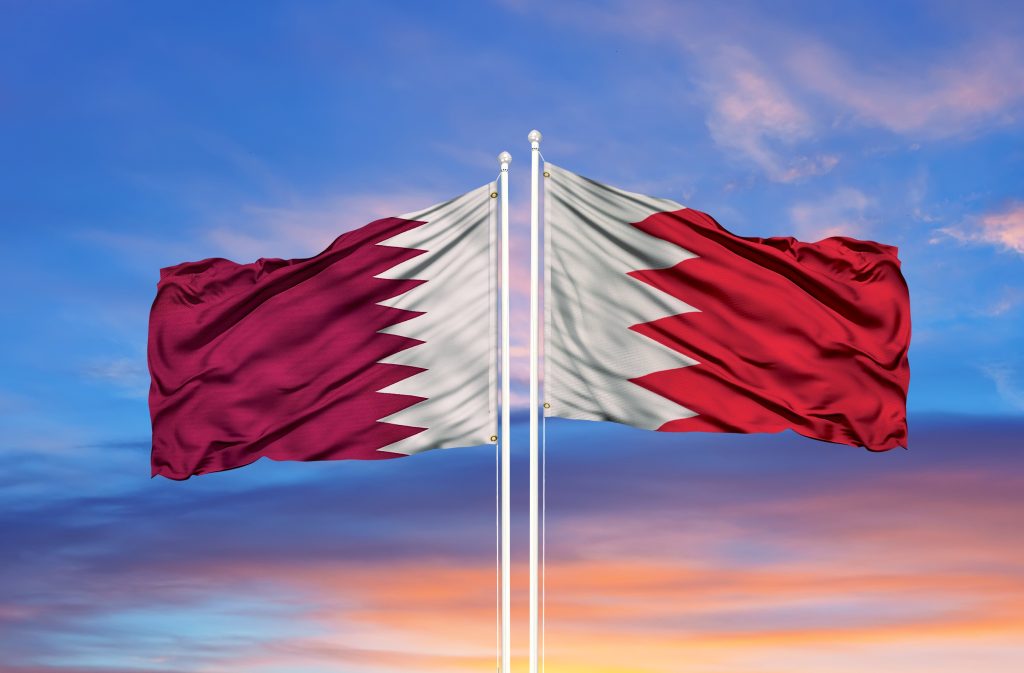Bahrain achieved a remarkable leap of nine places, securing the twenty-first position in the 2024 World Competitiveness Ranking published by the World Competitiveness Centre – Institute of Management Development (IMD).
This significant advancement since its 2022 debut highlights the Kingdom’s firm commitment to developing its ecosystem to accelerate growth and enhance its unique competitive advantages.
Commitment to Growth
The latest report shows Bahrain ranking first globally in 12 indicators and placing in the top 10 across 75 indicators. This impressive performance spans diverse sectors, from the adaptability of government policy to effective public-private partnerships driving technological advancement.
Osama Saleh Alalawi, the Undersecretary of National Economy at the Ministry of Finance and National Economy, stated: The Kingdom of Bahrain has put in place the catalysts needed for a strong and competitive economy. With effective partnerships and an enabling environment following the best international practices, Bahrain will continue in developing a competitive economy that puts human capital at the heart of each policy, initiative, and strategy.”
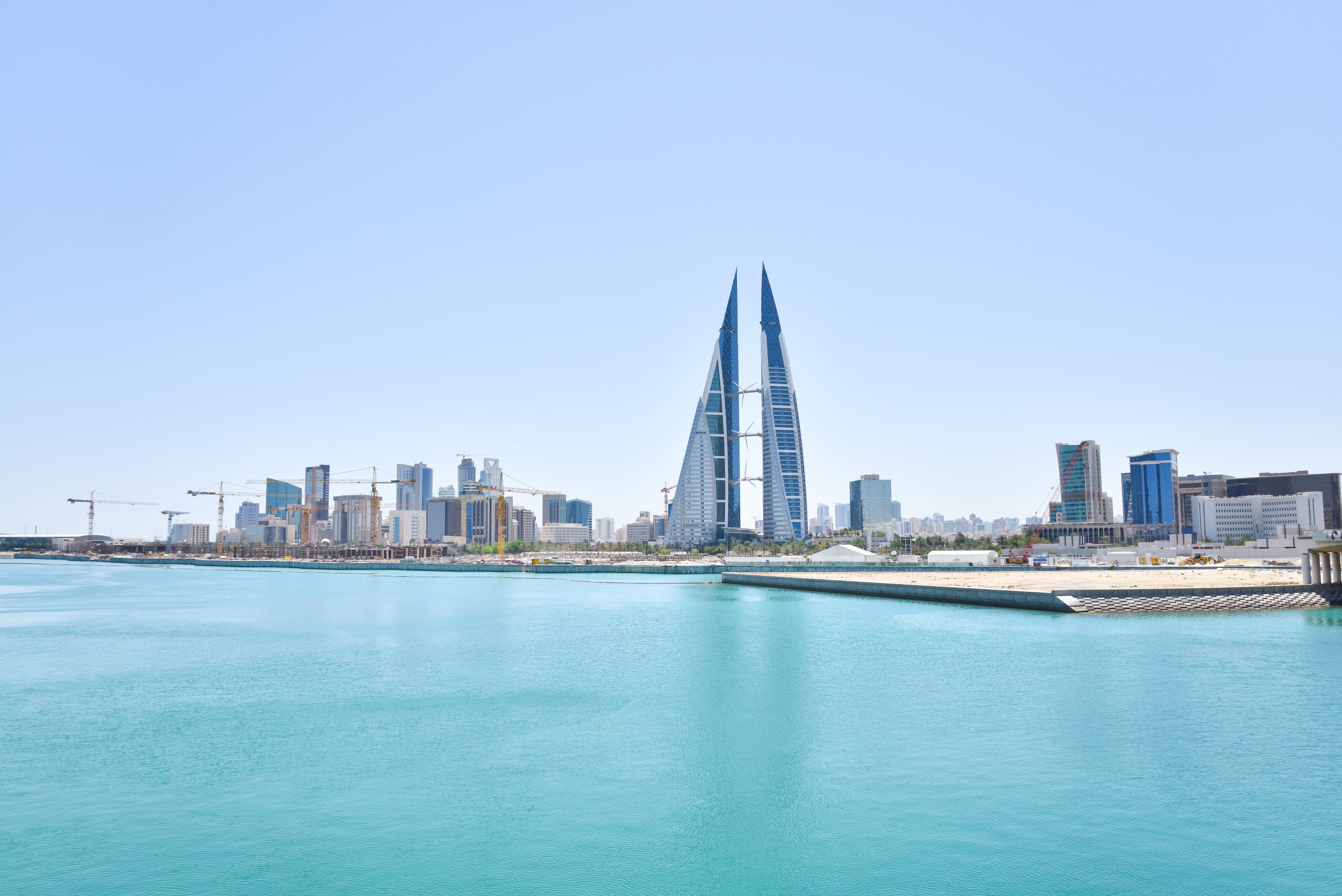
Key Factors in Bahrain’s Success
IMD’s World Competitiveness Ranking emphasized Bahrain’s key features that create an effective launchpad for development. This includes the adaptability of government policy, where Bahrain ranked eighth globally.
The Kingdom’s capacity to foster productive partnerships with the private sector was also a significant strength, ranking eighth globally in Public-Private Partnerships.
The financial sector, a cornerstone of Bahrain’s diversified economy, saw several relevant indicators in the top 10 global ranks, including Banking and Financial Services (ninth globally) and Central Bank Policy (sixth globally).
Bahrain’s achievements underscore its strategic focus on human capital development, with its workforce recognized for its exceptional skill, adaptability, and productivity. Citizens remain the primary driving force behind key national achievements with an international impact, as reflected in the IMD World Competitiveness Ranking.
The Kingdom ranked fourth globally in the availability of a Skilled Labor force and sixth in Finance, Digital/Technological, and language skills. Bahrain’s labor force has also been recognized for its flexibility and adaptability, ranking second globally in this area. These features contribute to heightened productivity levels, with the country ranking ninth globally in Workforce Productivity.
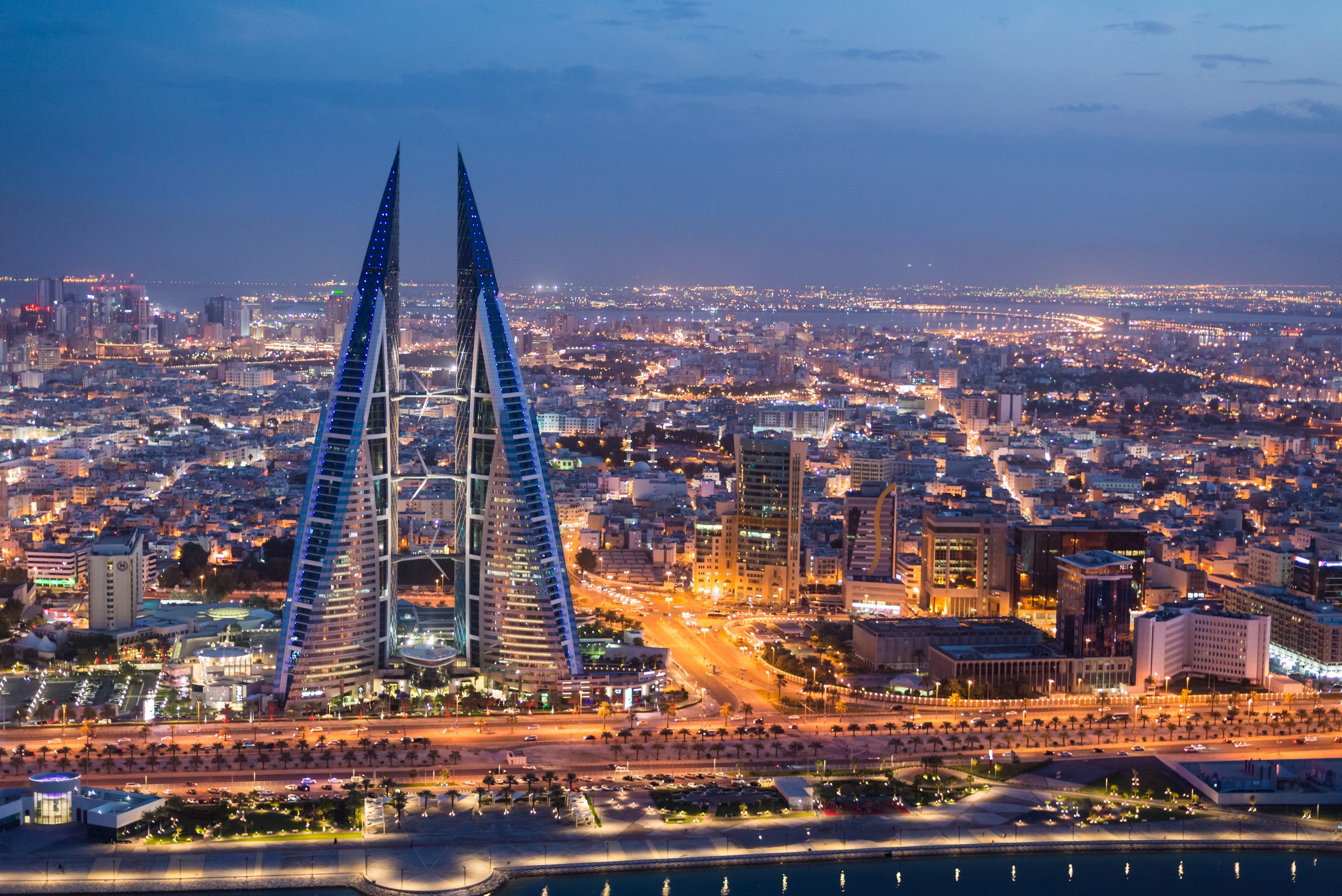
Bahrain’s Positive Trajectory
Bahrain’s continued positive trajectory in the IMD World Competitiveness Ranking results from wise leadership, careful planning, and a shared commitment exemplified by the TeamBahrain spirit. The Kingdom’s competitiveness stems from multiple complementary accelerators bound by the pursuit of excellence.
The IMD World Competitiveness Ranking is a comprehensive annual assessment of nations’ ability to create and sustain an environment that fosters enterprise competitiveness. It provides valuable insights and benchmarks for governments, businesses, and individuals worldwide.
Qatar 11th in Global Competitiveness Ranking
The report placed Qatar at 11th out of 67 countries, most of which are developed nations, compared to the 12th rank last year.
In the report, Qatar ranked high in the four main factors: economic performance (4th), government efficiency (7th), business efficiency (11th), and infrastructure (33rd).
The competitiveness assessment was based on the developments witnessed by a comprehensive set of data and indicators provided at the local level, along with the results of an opinion poll of a sample of company managers and businessmen on the business environment and the competitiveness of the economy.
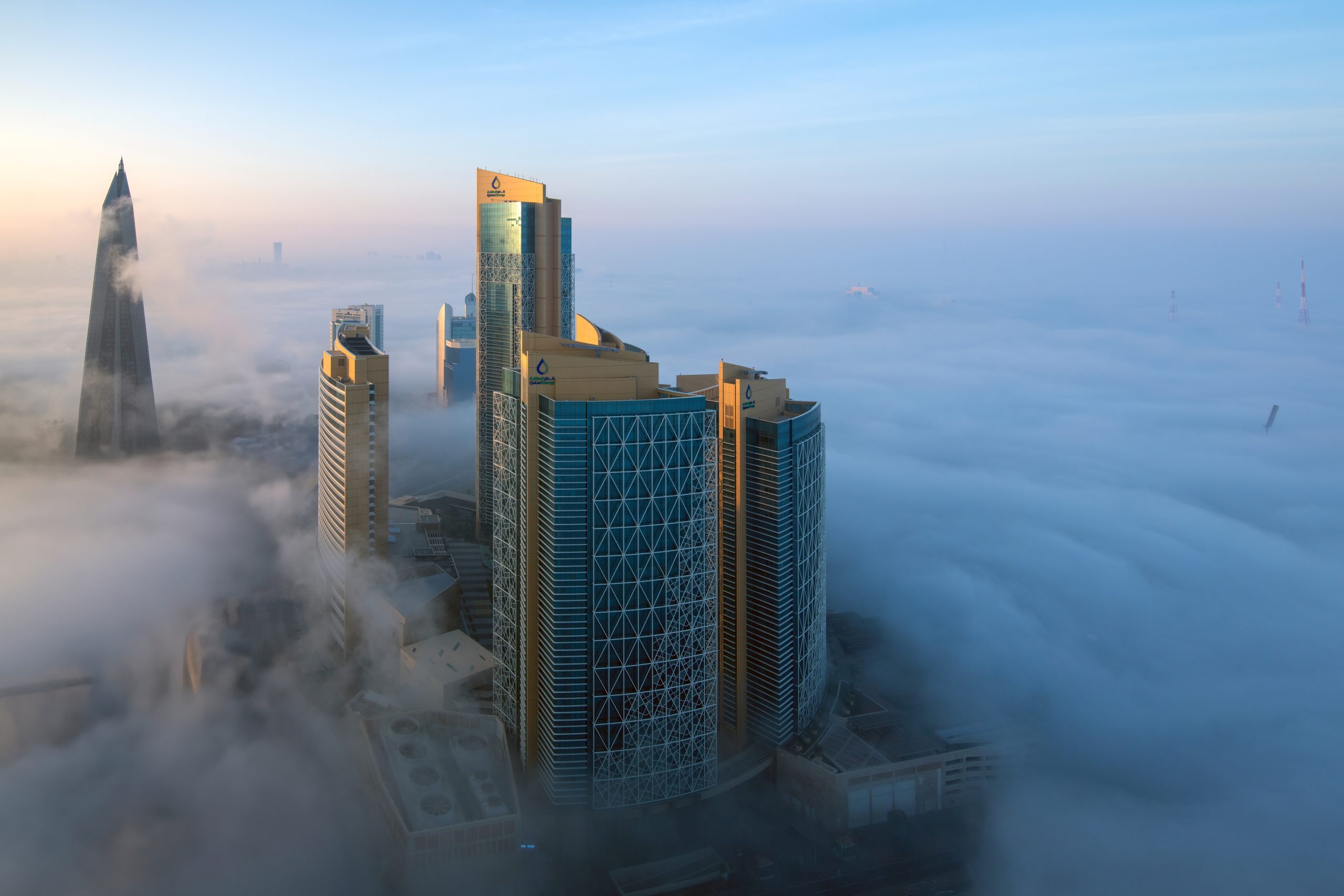
Highlights of Qatar’s Performance
Qatar’s rank was positively influenced by the outstanding performance of many subfactors classified under the four factors mentioned above. Under the economic performance factor, the most prominent indicators were the unemployment rate, youth unemployment rate, and terms of trade index, in which the country ranked first globally.
Within the government efficiency factor, the national economy ranked first in both the consumption tax rate and the personal income tax rate, while it ranked second in the public finance index. For the business efficiency factor, Qatar ranked first globally in both the effectiveness of corporate boards and the migrant stock, while it came in second place globally in the working hours index.
Under the infrastructure factor, Qatar ranked first in the subfactors of energy infrastructure and the number of internet users per 1,000 people.
Qatar’s Strategic Vision
This year’s report is the 16th edition in a row in which the country participated, a result of continuous cooperation between the International Institute for Management Development and the National Planning Council.
Secretary General of the National Planning Council, Abdulaziz bin Nasser bin Mubarak Al Khalifa, welcomed the results achieved by Qatar, saying: “These outstanding results reflect the insight and wise vision of Qatar’s leadership.
“They also confirm that Qatar is on the right track towards achieving the ambitions of the Qatar National Vision 2030 by implementing the contents of the Third National Development Strategy 2024-2030.”
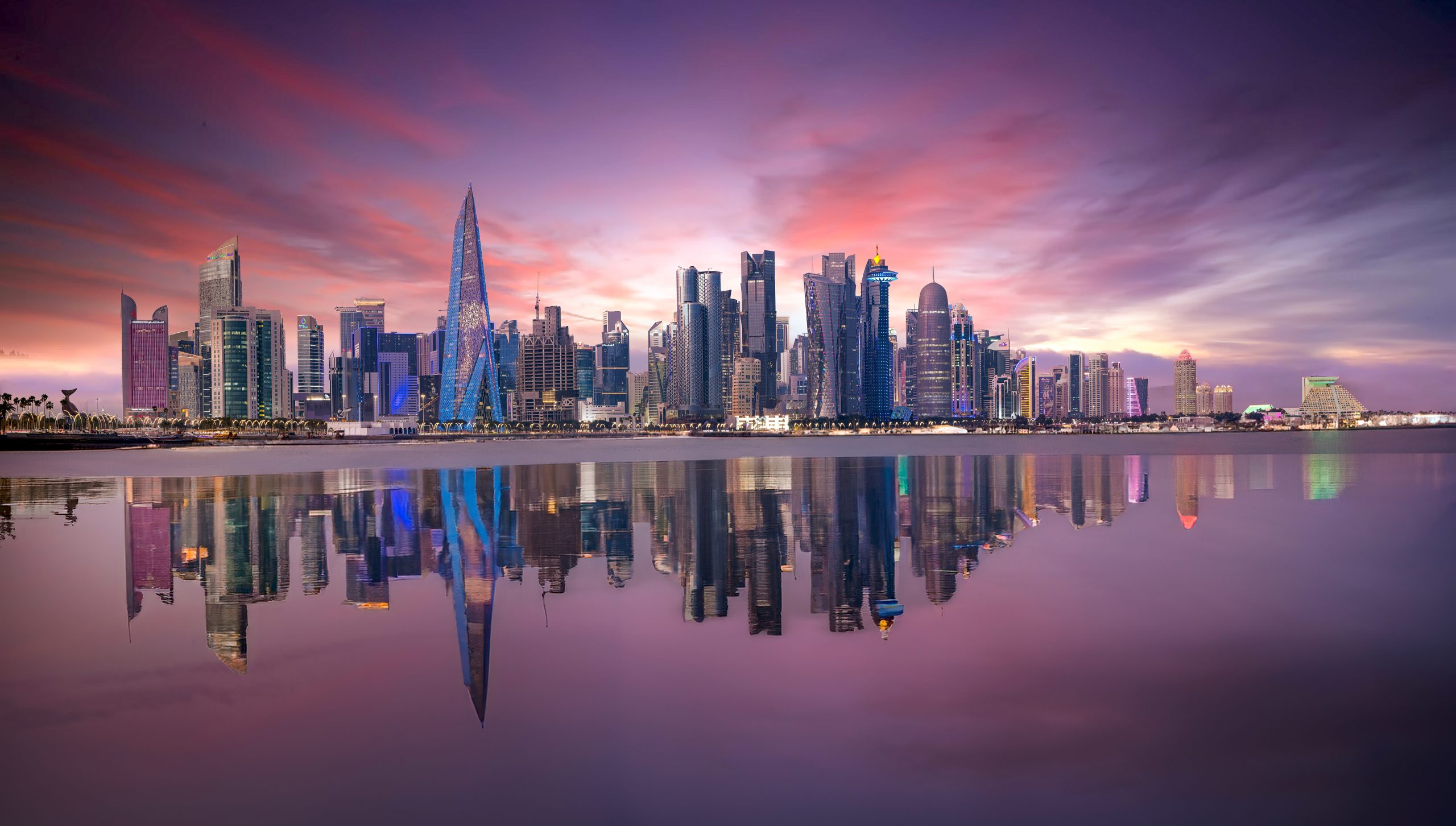
Regional Competitiveness
The UAE climbed to seventh place in the global competitive ranking, taking the top spot for employment, household expenditure growth, and lack of industrial disputes. It was also listed among the top three places in the world for property taxes, tourism revenue, property taxes, immigration laws, and labor force growth.
Saudi Arabia also improved its position, reaching 16th overall of the listed countries.
